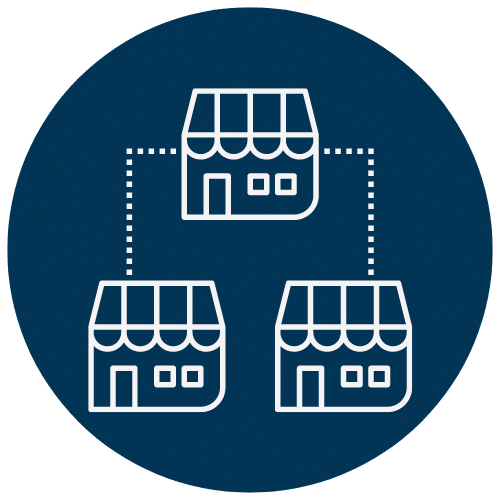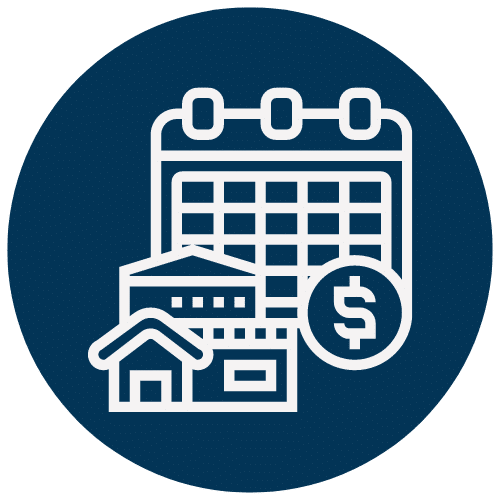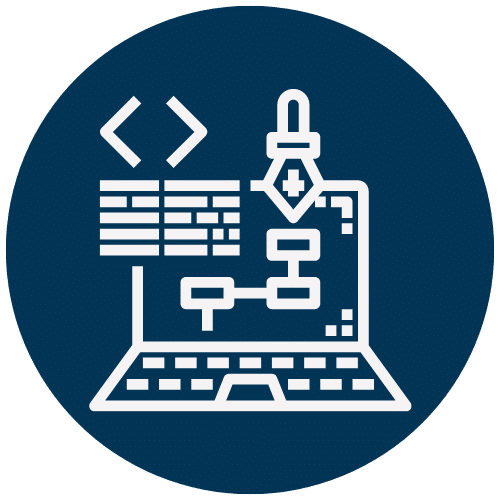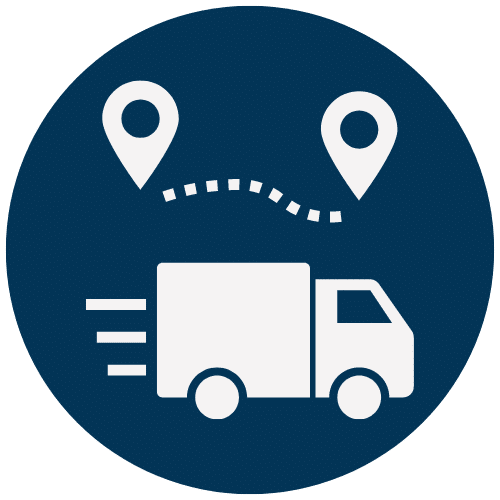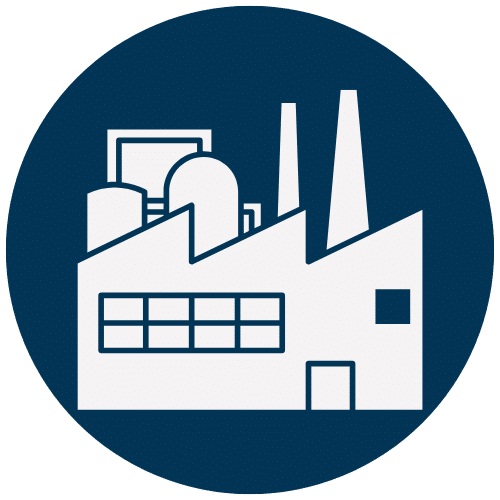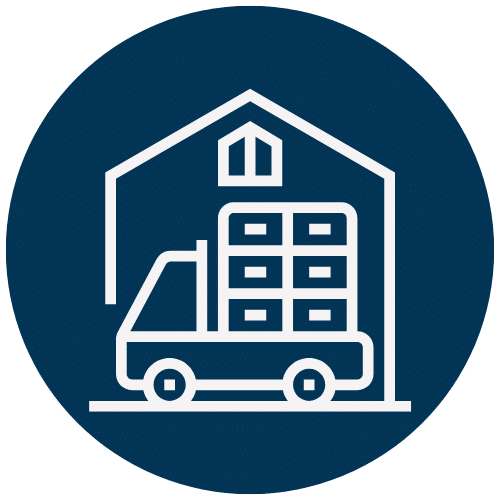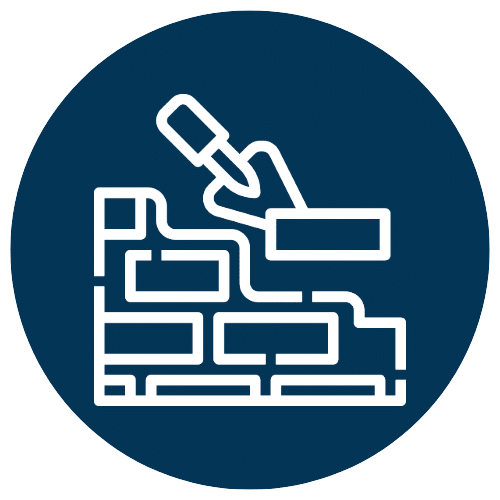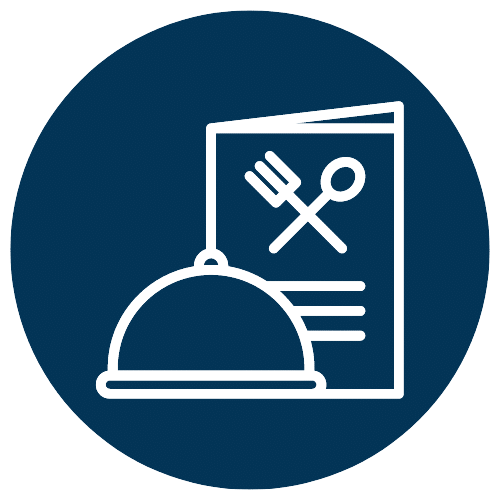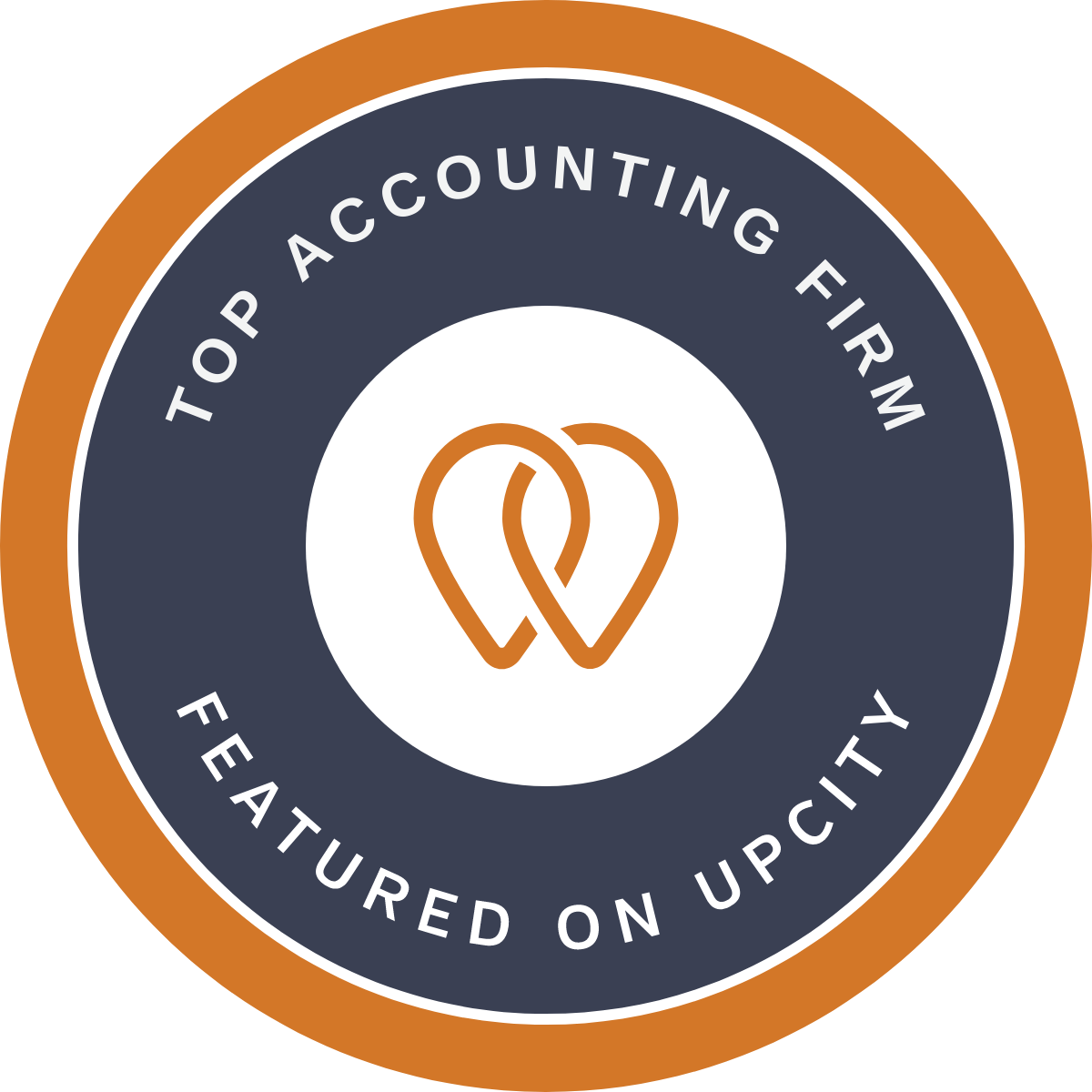Hire Remote Bookkeeper, Accountant , Tax return Preparer or Admin Person
Monthly Bookkeeping, Payroll, Financial Statements or Tax returns for Business owners
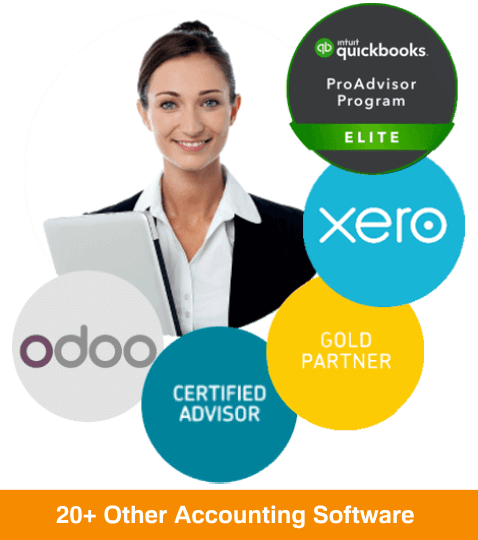

Quality Driven
Approach
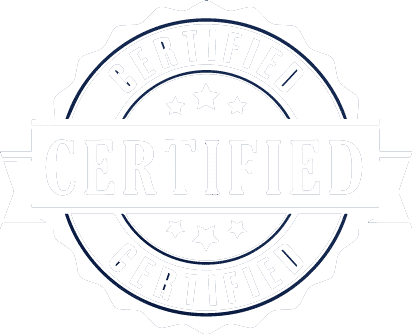
QuickBooks and Xero Certified Experts

50% Reduction in
Costs
Part Time/Full Time Resources For
⚪ CPA Firms ⚪ Enrolled Agents ⚪ Bookkeeping Firms ⚪ Tax PractitionersHire Remote Team


Hire Remote Bookkeeper, Accountant , Tax return Preparer or Admin Person
Monthly Bookkeeping, Payroll, Financial Statements & Tax returns for Business owners

Quality Driven Approach

QuickBooks and Xero Certified Experts

50% Reduction in Costs
Part Time / Full Time Roles For
- CPA Firms
- Enrolled Agents
- Bookkeeping Firms
- Tax Practitioners



Bookkeeping software expertise









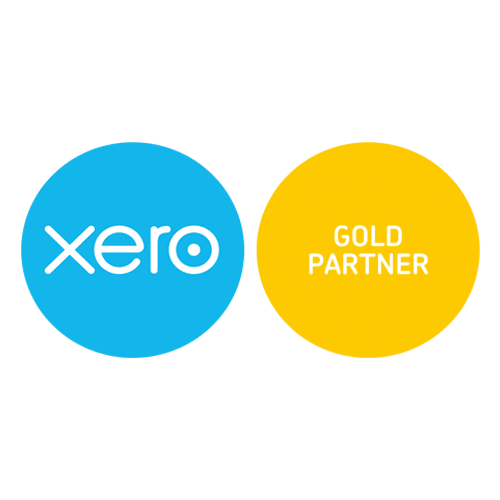
End to End Remote Bookkeeping & Accounting services for Business Owners & Accounting firms
Meru Accounting is a CPA firm providing complete outsource bookkeeping and accounting solutions to CPAs and small & medium-sized businesses across the United States, United Kingdom, Australia, New Zealand, Hongkong, Canada, and European countries.
Bookkeeping Service
Regular Management Accounts for your Business, We serve bookkeeping services for different industries.
Setup Xero/Quickbooks
Set up your accounting software in a day through our checklist, for converting a client from your legacy software to Xero.
Bookkeeping for CPAs
We help CPAs to reduce 50 % of their cost by outsourcing recurring tasks to us, with trust and security.
Payroll
We do Payroll for all countries in all software and comply with all tax formalities of the IRS, HMRC, ATO, etc.
Payable Accounting
Manage your Payables on daily basis, cost-effectively with reduced invoice discrepancies and disputes.
Indirect Tax
We do BAS, VAT, GST101A, Sales Tax, etc. reduce attribution errors and costs, and ensure indirect taxes are handled correctly.

The manufacturing industry isn’t like any different business. Retailers offer stock and administration organizations offer their opportunity, yet just these manufacturing industries make new items from scratch. This is one of the principal reasons bookkeeping or in easy words accounting is critical in manufacturing industries.
Manufacturing organizations need to represent their crude materials and preparation costs. Yet, they additionally need to work out the estimation of the completed things they make.
Accounting for Manufacturing Businesses deals with inventory valuation and the cost of goods sold. In summary, Accounting for Manufacturing Businesses is much more detailed for a business that maintains no inventory.
Accounting for Patterns–A company can record this workload by accounting for the amount of inventory on hand, encouraging suppliers to own some on-site inventory, employing supplier drop shipping, and on the other hand, accounting does also reduce the overall level of investment in manufacturing industries.
As a manufacturing business owner, keeping track of your finances is crucial to ensure that your company stays on the path to success. One of the best ways to do this is through effective accounting and bookkeeping practices. However, with so many different types of accounting methods available, deciding which one is right for your business can be overwhelming. In this blog post, we’ll explore the various options and help you determine which approach will work best for your manufacturing business needs.
Understanding the Basics: Accounting in Manufacturing Industry
These functions help companies keep track of their financial transactions and ensure that they are complying with relevant laws and regulations. Here are some ways that bookkeeping and accounting are used in manufacturing:
- Direct cost accounting: In this, we assign accounting for costs to inventory using either a standard costing, weighted-average cost, or cost layering method.
- Overhead cost accounting– We must aggregate the Factory Overhead costs into cost pools. Then, allocate it to the number of units produced during a reporting period, which increases the recorded cost of inventory. We should minimize the number of cost pools to reduce the amount of allocation work by the accountant.
- Cost of goods sold recognition– At its most basic level, the cost of goods sold is merely beginning inventory, plus purchases, minus ending inventory. Thus, accounting for the cost of goods sold is driven by the accuracy of the inventory valuation procedures.
- Cost accounting: Manufacturing companies need to know the cost of producing their products. Cost accounting tracks the costs of raw materials, labor, and overhead expenses. This information is used to calculate the cost of goods sold and to set prices.
- Budgeting and forecasting: Bookkeeping and accounting provide important financial information that can be used to create budgets and forecasts. Manufacturing companies use these tools to plan for the future and make informed business decisions.
- Tax compliance: Manufacturing companies need to comply with various tax laws and regulations. Bookkeeping and accounting help companies stay on top of their tax obligations and avoid penalties.
- Financial reporting: Manufacturing companies need to report their financial performance to investors, lenders, and other stakeholders. Bookkeeping and accounting provide the data needed to create financial statements and other reports.

Basic Manufacturing Cost Terms
- Direct materials: These are the raw materials that go into the production of a product. Direct materials are typically the largest cost component of a manufacturing company.
- Direct labor: This is the cost of the labor required to produce a product. Direct labor includes wages, benefits, and payroll taxes.
- Manufacturing overhead: This is the indirect cost of production, including rent, utilities, depreciation of equipment, and other costs not directly related to materials or labor.
- Variable costs: These are costs that vary with the level of production. For example, direct materials and direct labor costs are variable costs.
- Fixed costs: These are costs that do not vary with the level of production. Examples of fixed costs include rent, property taxes, and insurance.
- Semi-variable costs: These are costs that have both a fixed and variable component. For example, utilities may have a fixed base cost plus a variable cost based on usage.
- Semi-variable costs: These are costs that have both a fixed and variable component. For example, utilities may have a fixed base cost plus a variable cost based on usage.
- Absorption cost: This is the total cost of producing a product, including direct materials, direct labor, and manufacturing overhead.
- Standard cost: This is the expected cost of producing a product, based on predetermined standards for materials, labor, and overhead.
The Impact of Meru Accounting on the Efficiency and Profitability of a Manufacturing Business.
Meru accounting plays a crucial role in manufacturing businesses by providing insights into the cost of producing goods. Here are some key roles of Meru accounting in a manufacturing business.
- Cost control: Meru accounting provides detailed information on the cost of producing goods, including the cost of raw materials, labor, and overhead. This information can be used to identify areas where costs can be reduced, such as optimizing production processes, improving supply chain management, or negotiating better prices with suppliers.
- Pricing decisions: We play a critical role in pricing decisions for manufacturing businesses. By analyzing the cost of producing goods, businesses can determine the minimum price that they should charge to cover their costs and achieve a profit. They can also use this information to set competitive prices in the market.
- Budgeting and forecasting: We provide valuable information for budgeting and forecasting. By analyzing cost data, businesses can estimate future costs and revenues, allowing them to make informed decisions about production volume, pricing, and profitability.
- Performance measurement: We can help you to measure performance in your manufacturing business. By analyzing cost data, businesses can identify areas where efficiency can be improved, such as reducing waste, increasing productivity, or improving quality.
- Inventory management: We provide insights into inventory costs, allowing businesses to optimize their inventory levels. By analyzing the cost of holding inventory, businesses can determine the optimal inventory levels that minimize costs while ensuring that they have enough stock to meet customer demand.
Effective inventory management in the manufacturing business?
Inventory management is a critical aspect of any manufacturing business. It involves overseeing the flow of goods from the point of production to the point of consumption. Effective inventory management ensures that a company has enough stock to meet customer demand without overspending on unnecessary inventory or tying up capital in excess stock.
- Establish a system for tracking inventory: This involves implementing an inventory management software that can track inventory levels in real-time and provide insights into inventory turnover rates, reorder points, and lead times.
- Forecast demand accurately: Use sales data and historical trends to forecast customer demand for products. This will help you to determine the amount of inventory you need to maintain to meet customer needs.
- Implement a just-in-time (JIT) inventory system: This approach involves ordering and receiving inventory just in time to meet customer demand, minimizing the amount of inventory held in stock. JIT inventory can help reduce storage and carrying costs associated with holding excess inventory.
- Optimize inventory turnover: Increase inventory turnover by selling products quickly and reducing the amount of time it takes to sell products. This can be achieved by implementing effective marketing and sales strategies, reducing lead times, and streamlining the production process.
- Manage inventory levels: Set minimum and maximum inventory levels to ensure that you have enough stock on hand to meet customer demand while avoiding excess inventory. This requires regular monitoring of inventory levels and adjusting order quantities to ensure optimal stock levels.
Effective inventory management is crucial for a manufacturing business to remain profitable and competitive. By implementing these strategies, you can streamline your inventory processes and reduce the costs associated with holding and managing inventory.
In Conclusion:
To sum up, proper accounting and inventory management are key to the success of manufacturing companies. Meru accounting helps regulate production costs, making it easier to manage prices, budgeting and measure performance. Moreover, effective inventory management requires the development of tracking systems, predicting customer needs, utilizing just-in-time techniques, turning around inventories quickly and maintaining adequate stock levels. By heeding these practices companies can increase their efficiency as well as profitability while becoming more competitive in the market.
ACCOUNTING FOR MANUFACTURING BUSINESS from Meru Accounting
Hiring Virtual Accountant With Meru Accounting
Meru Accounting provides world-class services that cater to all the needs of cloud accounting and bookkeeping of your business.
We work on the best accounting software like Xero and Quickbooks, as well as add-ons that will make sure all your work is up-to-date.
Help you with switching from your traditional software to Xero and Quickbooks.
We also manage VAT, BAS, Sales Tax and Indirect taxes for you so you are always ready at the end of the financial year.
- Cost-saving
- Access to skilled and experienced professionals
- Better management of books of accounts
- Decreased chances of errors
- Improve business efficiency
- De-burdens in-office employee’s dependency
- Better turnaround time
We work on virtual technologies like Team Viewer, Virtual Private Network (VPN) to share and access data from your system.
You have to share your accounting software login details.
Through that, we complete all of your work and update it on the cloud, so you can have access to your data from anywhere and at any time.
- Cyberoam Firewall to prevent any kind of foreign threat.
- Dual-step authentication
- Implement anti-virus
- Limit user access so that login details are with a few people.
- Xero
- Quickbooks
- Netsuite
- Saasu
- Wave
- Odoo
To book for trial, call us on our numbers or Please fill out the form here.
Our Work Information
Business Activity Statement is a predefined form to be submitted to the Australian Tax office by all the business persons in order to report on their all the tax obligations during the period covered.
BAS is generally required to be filed quarterly by various businesses.
Individual Business Owners
No , its not mandatory that it should be prepared by only CPA or EA. It can be prepared by anyone who has PTIN.









